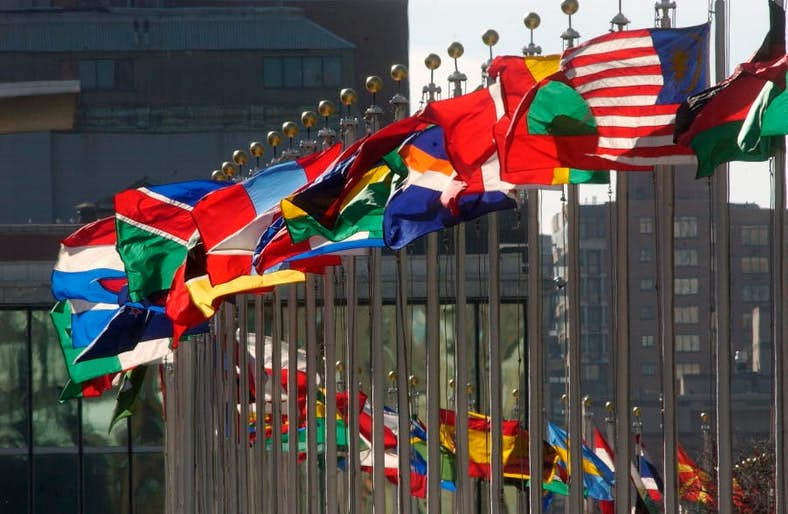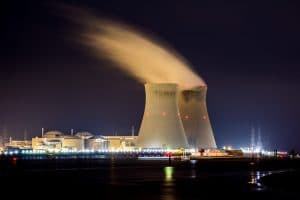Nearly thirty years ago, we were witnessing the fall of the Berlin Wall and the beginning of a new era in geopolitics. The Cold War was coming to an end and the axis of power was moving from two dominant powers to multiple powers. David Law, head of NATO policy Planning Department, believes we are entering another period of change similar to 1989. Recent developments such as Brexit, the dissipation of the political center in advanced democracies, the decline of American moral leadership and the rising centralization of political power in China and Russia suggest an upcoming period of historical change.
As change is imminent, what will this new geopolitical order look like? In a recent article for the World Economic Forum, Law outlines three possible geopolitical scenarios to emerge in the next five to ten years. In the first one, Western-style international liberalism in which democracy is strengthened and global integration is extended reinforcing the post-WWII era of globalization. In a second scenario, Russian and Chinese authoritarianism is successful and becomes a viable alternative to Western democratic internationalism. This scenario moves the world into a multi-polar order where nations eventually follow the path of these two prevailing alternatives. In the third and more fearsome one is that the dispute of power is chaotic leading to multiple inter-state conflicts. In this scenario we also have a multi-polar world but now the dispute for prominence happens through military conflict and regional upheaval.
The consolidation of each scenario depends on a number of factors such as the economic performance of leading countries, controlling inequality and their willingness to act in the global stage. A key factor that could supplant all of this is the rise of environmental challenges. This in itself could be a game-changer to any developing global order further complicating the already complex world of diplomacy.
Law’s astute analysis sums up well the main drivers in the geopolitical scene. With that said, his analysis did not consider the importance of nation-states in of themselves. While nation-states have been the dominant geo-political force, will that continue to be the case? In an age of increasing migration, growing economic integration through technology and the rising influencing of multi-national companies – will nation-states continue to dominate or will their influence be overshadowed by these growing forces? Furthermore, in a world of global connections and local loyalties, will people continue to unite under national flags? Any analysis of geo-politics in our present age must account for the growing role of non-state agents in the international scene.
Just last week Apple reached $ 1 trillion in market value or roughly the equivalent to Netherland’s GDP. Consider the recent controversy where Google employees resigned over the company’s contract with the Pentagon to develop autonomous weapons. Facebook’s CEO recently testified both to US congress and the European Parliament. We should see more of these developments in the next five to ten years. They illustrate the growing influence of non-state actors in the world adding a layer of complexity to any geopolitical scenario.
The future of global peace does not lie in diplomacy only but also in the interaction of national governments with these growing non-state actors.
Reality Changing Observations
Q1. Do you believe democracy will prevail or will we experience a return to authoritarianism?
Q2. How loyal do you feel to your country of origin?
Q3. Do you and those in your social circle have an iPhone? What does that say about Apple’s influence in your life and in society as a whole?





